 |
 |
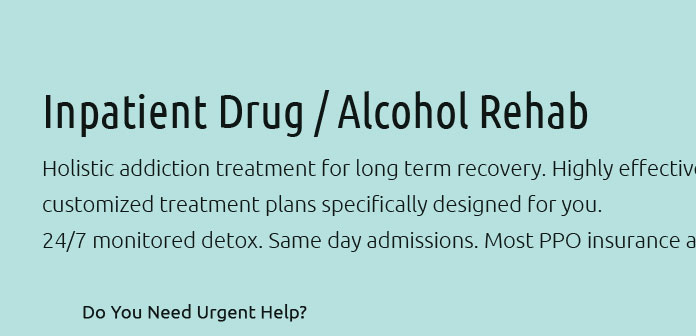 |
 |
 |
 |
||
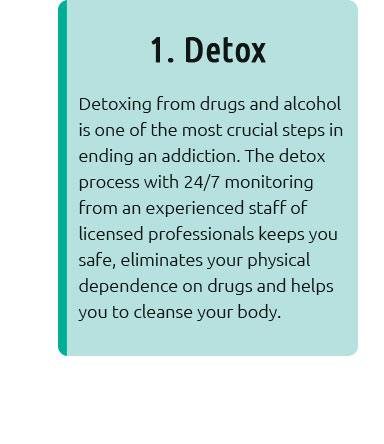 |
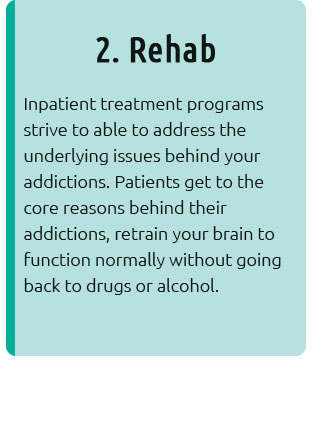 |
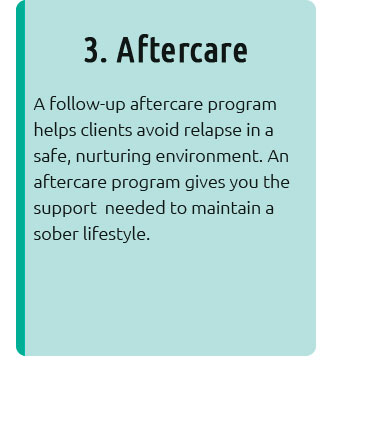 |
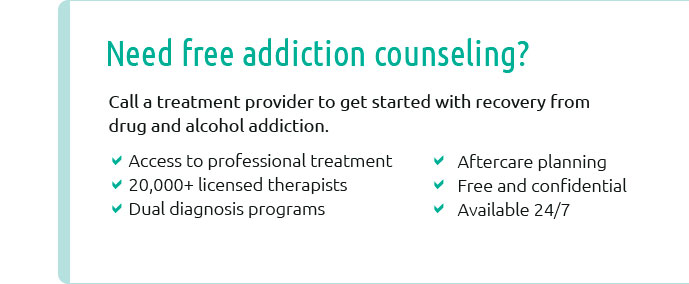 |
 |
 |
 |
||
 |
||
 |
||
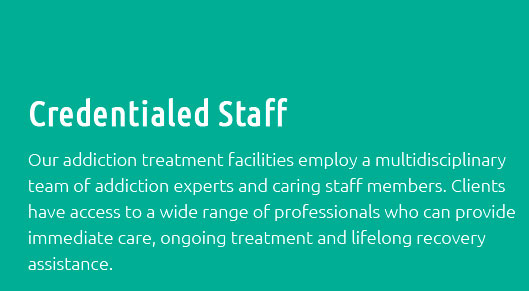 |
 |
 |
|
 |
|
|
Welcome to the best drug rehabilitation center, where transformation begins and hope is reborn; our inpatient drug and alcohol rehab is not just a facility-it's a sanctuary of healing, a place where expert care meets unwavering support, empowering you to reclaim your life from the clutches of addiction with cutting-edge therapies, holistic wellness programs, and a compassionate team dedicated to your journey, every step of the way; here, you are not just another patient-you are family, and together, we will build a future free from substance dependence, where your potential is limitless and your recovery is our unwavering commitment.
https://rehabnet.com/maryland/
If you or a loved one are looking for addiction treatment centers in Maryland, view this list of the best alcohol and drug addiction rehab facilities. You ... https://drugabuse.com/treatment-centers/virginia/arlington/
Find drug and alcohol rehab facilities near Arlington, Virginia. Search by insurance coverage, level of treatment, and more. https://www.addictions.com/rehabs/district-of-columbia/
Search Washington DC addiction treatment centers including 37 outpatient rehabs, 20 inpatient rehabs and 18 detox clinics.
|